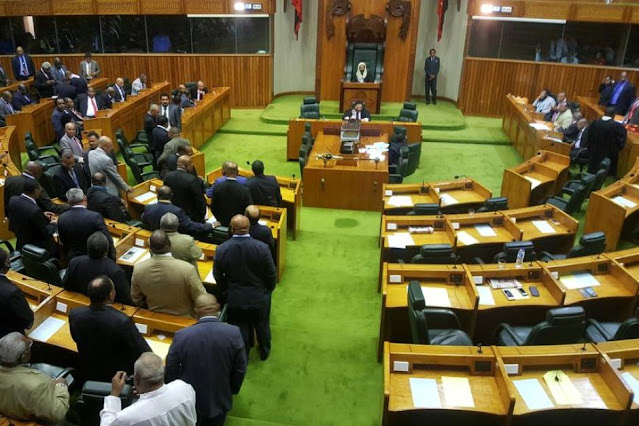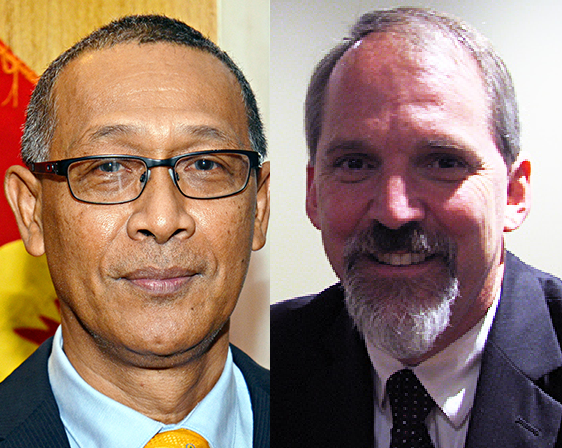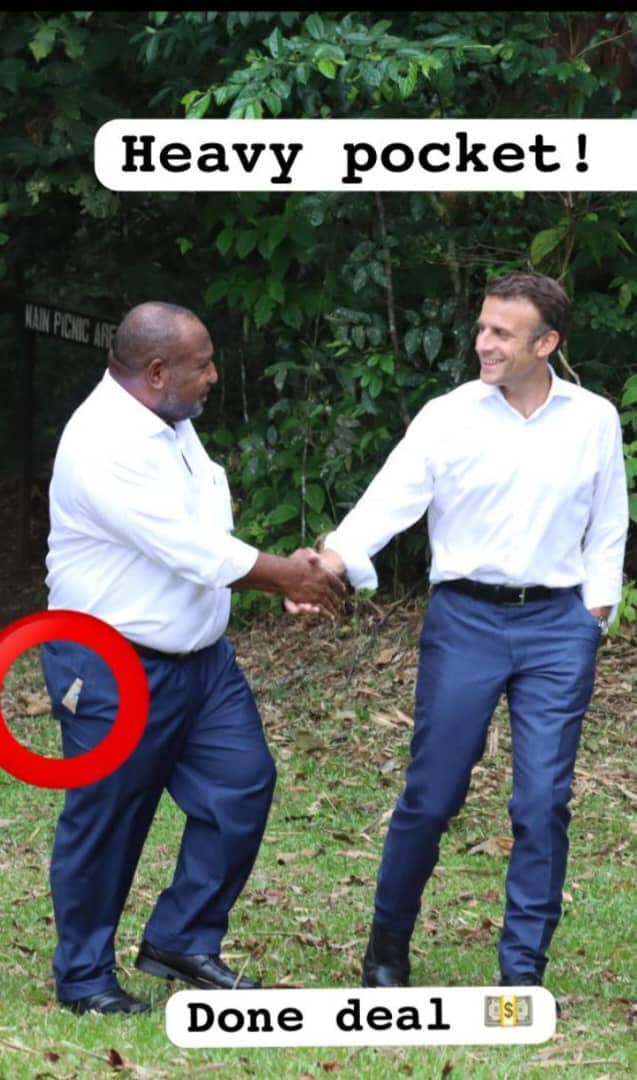Decentralizing Power as a Catalyst for Development

by : Nelson Wandi At nearly half a century since its establishment, Papua New Guinea (PNG) has seen tepid progress in development, with sluggish advancement in the economy, infrastructure, and technology. Despite independence, the nation has struggled to utilize its abundant resources effectively due to the persistent mismanagement by ineffectual political leaders over the past 49 years. PNG, in truth, operates more as a dependent state, heavily reliant on financial aid from more developed nations through loans, grants, and emergency financial packages to sustain its development efforts. Repeated leadership failures marked by kleptocracy have taken their toll, causing the country to rely excessively on external resources and assistance, leading to a stagnation of state functionality over the years. Development has been stunted, with no significant improvements in public policy or emergence of modern infrastructure and technological advances in both urban and rural settings. Economic re










